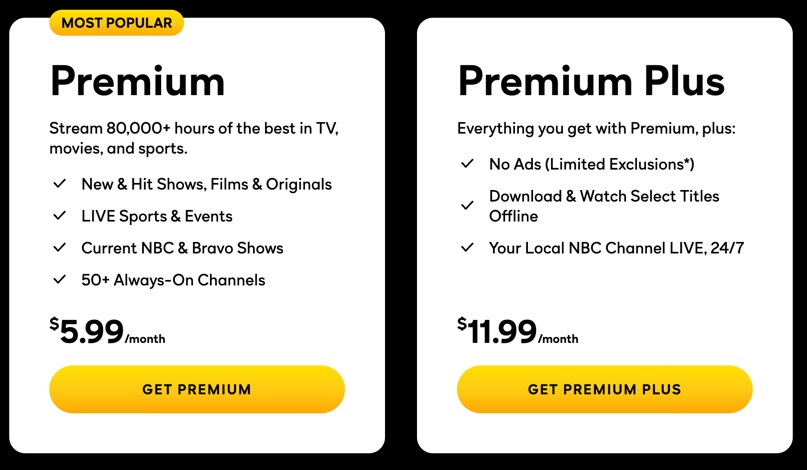To see the Miami Dolphins Kansas City Chiefs playoff game on Peacock, viewers needed a subscription. After the game, many millions forgot they had just purchased one.
Forgotten Subscriptions
Scholars estimate that the “subscription economy” has quadrupled since 2010. For each of us, the list probably includes Amazon Prime and Netflix. We also subscribe to newspapers and music streaming with recurring dinner treats and weekly dogfood. Meanwhile, my Deans Beans come every three weeks. According to a recent NBER paper, the monthly subscription tab averages $293.
On the supply and demand sides of markets, subscriptions have become more popular. With supply, firms recognize that they need not offer products for one-time purchase. Instead, through incremental availability, they inflate revenue. At the same time, because consumers need certain goods and services for a limited amount of time, they are happy to buy a subscription. Then though, we forget we signed up and the charges continue. As one English Premier football fan said about his forgotten Peacock subscription, “…the only thing more painful than paying to watch Arsenal is paying to not watch Arsenal.”
Below you can see the difference between attentive and inattentive subscription buyers in three of a table’s five columns. The letters represent the 10 (unidentified) subscription services that provided the paper’s data:

And below, they show the “abnormal drop” in retention rates at 6, 12, and 18 months when, replacing an expired card, we are asked whether to retain a subscription. The letters represent four of the 10 subscription services in the paper:

Our Bottom Line: Behavioral Economics
A slew of behavioral economics concepts explains our subscription inertia. We could hypothesize that we buy subscriptions because of a present bias and our preference for instant gratification. Having minimal transaction costs (paperwork hassles), we buy them easily. However, cancellation is never as simple. In addition, the power of the default is a reason we keep our subscriptions. Rather similar to why we save more when it is automatic, we also cancel less when retention requires no time or effort.
My sources and more: Thanks to WSJ for alerting me to never ending subscriptions. Then, for more detail, do take a look at this NBER paper. The best though is Nudge (a wonderful book), especially for the Richard Thaler and Cass Sunstein explanation of defaults. And finally, our featured image is from Peacock.






